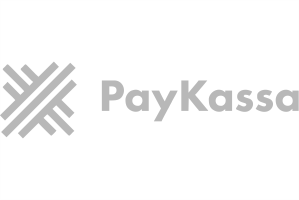| Name of service | Bronze | Silver | Gold |
|---|---|---|---|
 Check and reserve the company name Obtaining approval from the registrar for the company nam
Check and reserve the company name Obtaining approval from the registrar for the company nam
|

|

|

|
 Company registration, including state fees preparation of a full package of documents, depending on the chosen form of ownership, cooperation with the relevant authorities prior to obtaining information on company registratio
Company registration, including state fees preparation of a full package of documents, depending on the chosen form of ownership, cooperation with the relevant authorities prior to obtaining information on company registratio
|

|

|

|
 Legal address for 1 year Providing a legal address for your company in a given jurisdiction, eliminating the need to purchase or rent real estate
Legal address for 1 year Providing a legal address for your company in a given jurisdiction, eliminating the need to purchase or rent real estate
|

|

|

|
 Local director services for 1 year Providing a resident director of the jurisdiction who is required to open an account with a local bank
Local director services for 1 year Providing a resident director of the jurisdiction who is required to open an account with a local bank
|

|

|

|
 Support in opening an account collection, preparation and submission of the necessary documents for opening a corporate account
Support in opening an account collection, preparation and submission of the necessary documents for opening a corporate account
|

|

|

|
|
Total cost
|
8900 EUR | On request | On request |
|
Accounting services
|
On request | On request | On request |
|
Annual renewal (paid from the second year)
|
5500 EUR | On request | On request |
Special offer
If you will register a company until June 30,
opening a bank account is for FREE





























